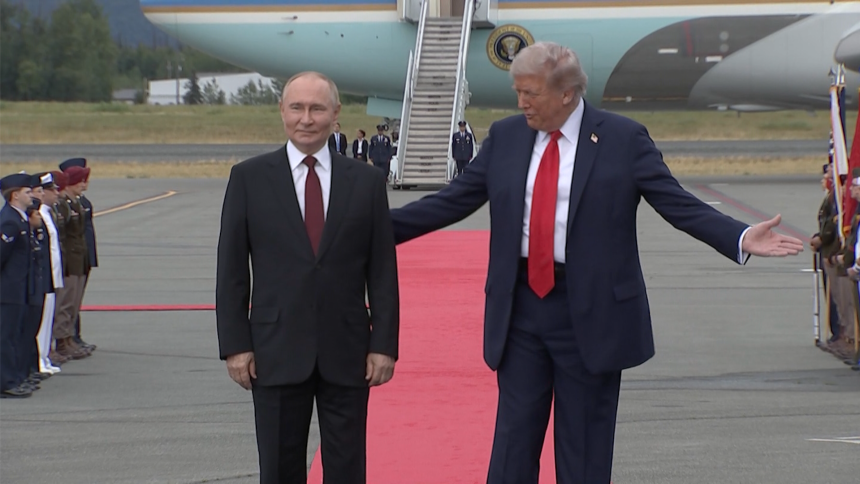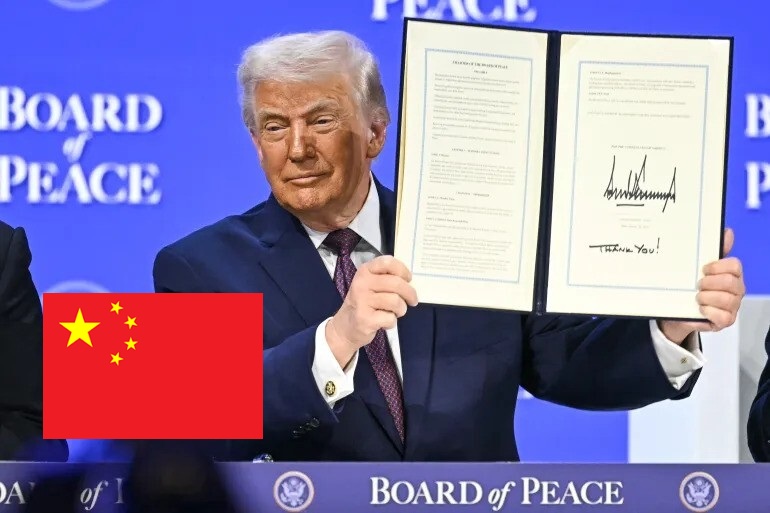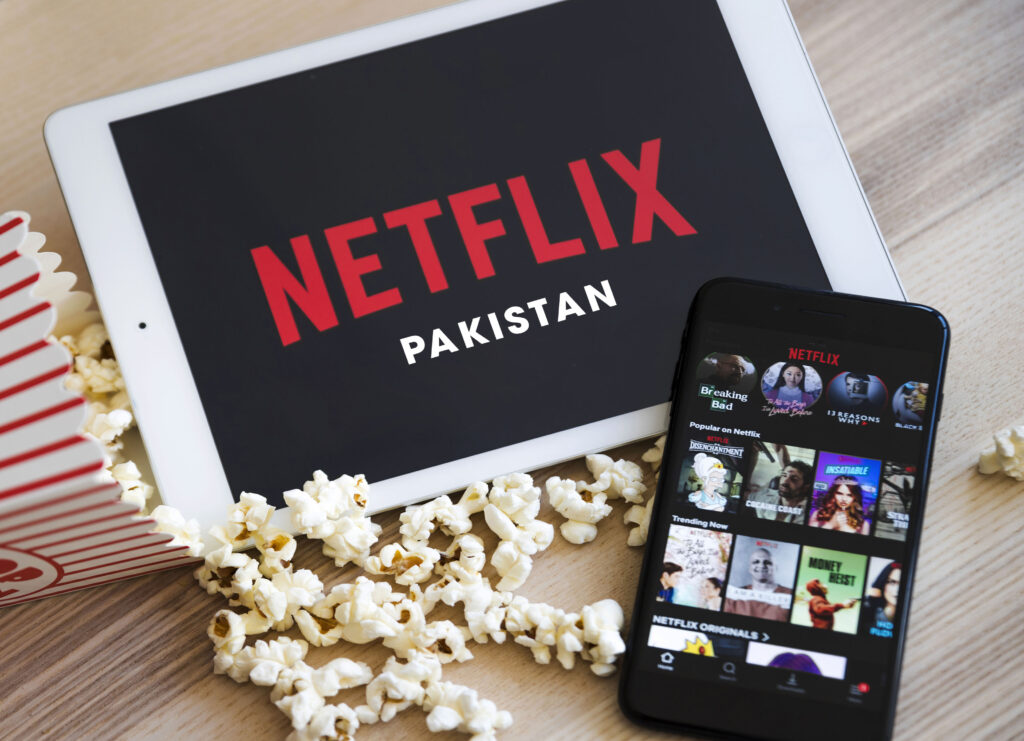For Pakistan, a country balancing its foreign policy between Washington, Moscow, and Beijing, the outcome of the recent meeting between Russian President Vladimir Putin and former U.S. President Donald Trump, held in Alaska, holds significant diplomatic, strategic, and economic relevance.
Let’s explores the possible impact of the Putin–Trump meeting on Pakistan’s foreign policy, its regional security outlook, economic opportunities, and future role in the evolving global order.
Putin–Trump Talks – A Shifting Global Order
Every major meeting between world leaders reshapes international alignments, but this one carried symbolic and practical significance. Putin’s warm reception in Alaska, once Russian territory, symbolized a soft acceptance of Russia’s continued global role despite Western attempts to isolate Moscow after the Ukraine war. Trump’s pragmatic statement — “There is no deal until there is a deal” — suggested a willingness to negotiate without immediate commitments.
For Islamabad, such developments underline the fact that global politics is no longer unipolar. The U.S. may remain the world’s strongest economy, but Russia is reasserting itself as a military and diplomatic power. China, meanwhile, continues to expand its influence. This multipolarity creates both opportunities and challenges for Pakistan.
Impact on Pakistan–Russia Relations
A Window for Deeper Engagement
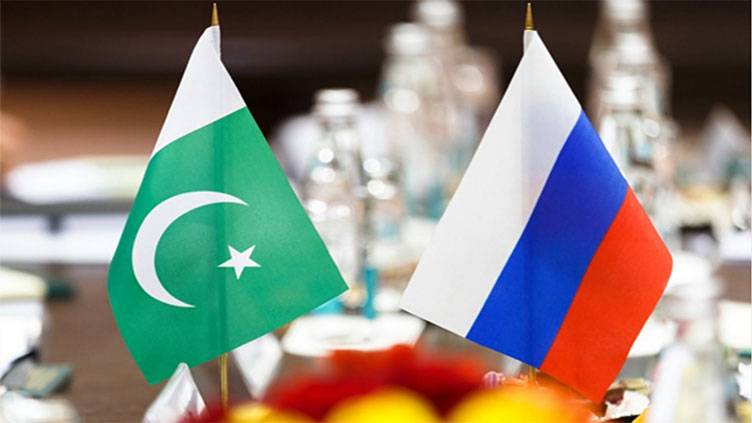
In recent years, Islamabad has sought to diversify its foreign relations, moving beyond its historical dependence on the United States. The Trump–Putin meeting has once again projected Russia as a central player in international affairs, giving Pakistan greater incentive to deepen its ties with Moscow.
Russia has already shown interest in strengthening its relationship with Pakistan through military cooperation, energy projects like the Pakistan Stream Gas Pipeline, and counter-terrorism coordination. If Russia continues to gain legitimacy and diplomatic space after the Alaska summit, Pakistan could use this opening to expand defense and energy ties.
Breaking Western Isolation
During the Putin–Trump, it is found that Europe’s attempts to isolate Moscow have not fully succeeded, and Pakistan has quietly positioned itself as a state willing to engage with Russia without openly confronting the West. If the U.S. under Trump maintains a working channel with Putin, Pakistan will find it easier to justify closer relations with Moscow, reducing the fear of diplomatic backlash.
Impact on Pakistan–U.S. Relations
A Possible Reset?
Trump’s political style has always been transactional. If he seeks a new balance with Russia, his approach toward South Asia might also shift. For Pakistan, this could mean more space for negotiation on security issues, especially regarding Afghanistan and counterterrorism cooperation.
During Trump’s first presidency, U.S.–Pakistan relations were strained, but his willingness to engage with Prime Minister Imran Khan in 2019 showed that he could be pragmatic. A softer U.S. stance toward Russia may also translate into more flexibility toward Pakistan, particularly if Islamabad positions itself as a bridge between Washington, Moscow, and Beijing.
Concerns for India Tilt
However, Pakistan must also remain cautious regarding the outcome of Putin–Trump meeting. The U.S. strategic partnership with India is unlikely to weaken, as Washington continues to view New Delhi as a counterbalance to China. If Trump prioritizes Moscow over New Delhi in certain areas, India may strengthen its dependence on Washington — indirectly affecting Pakistan.
Pakistan’s Security Outlook
Afghanistan Factor
Regardless of the recent Putin–Trump meeting, Russia’s influence in Afghanistan is growing, and Moscow has held multiple rounds of peace talks involving regional players. If Trump and Putin coordinate on counterterrorism and regional stability, Pakistan will have to adjust its Afghan policy accordingly. A joint U.S.–Russia understanding could restrict the maneuvering space of regional actors, including Pakistan, in shaping Afghanistan’s political future.
Strategic Autonomy
Pakistan’s military doctrine emphasizes maintaining “strategic autonomy” — the ability to balance relations with all major powers without becoming overly dependent on any single one. The Putin–Trump meeting reinforces this necessity. If global blocs soften their rivalries, Pakistan will need to carefully balance its commitments to avoid being caught in contradictions.
Economic Dimensions
Energy Opportunities
In the context of Putin–Trump talks, one of the most significant opportunities for Pakistan lies in energy cooperation with Russia. Despite Western sanctions, Moscow has continued to look for new markets for its oil and gas. Pakistan, struggling with chronic energy shortages, can benefit from discounted Russian energy supplies.
If the U.S. and Russia reduce tensions, Pakistan may find it easier to finalize long-pending energy projects like the Pakistan Stream Gas Pipeline without risking Western backlash. Improved global acceptance of Moscow will indirectly open new energy windows for Islamabad.
Trade Diversification
Pakistan’s exports remain heavily dependent on a few markets, particularly the U.S. and Europe. Expanding trade with Russia and Central Asia through overland routes could provide an alternative. If the Putin–Trump thaw strengthens, Pakistan could leverage this opening to expand trade corridors linking Russia, China, and South Asia.
Diplomatic Positioning for Pakistan
Between Moscow, Washington, and Beijing
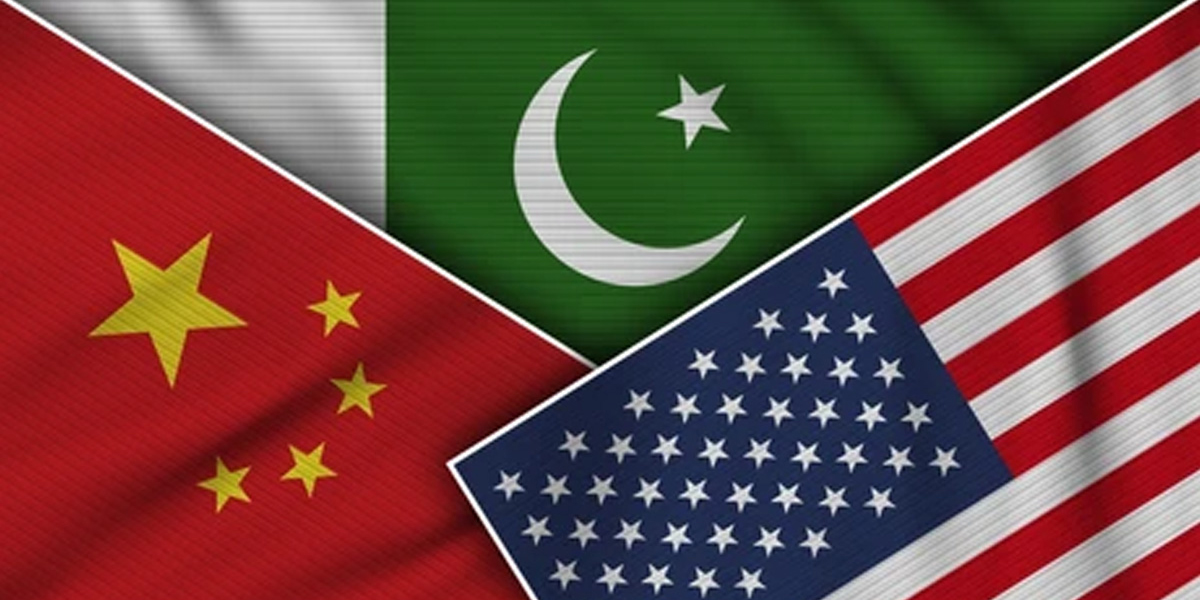
Pakistan is uniquely positioned between three great powers: China, Russia, and the U.S. The Putin–Trump meeting reinforced Russia’s relevance and proved that global leadership cannot ignore Moscow. For Pakistani government, this means it must strengthen its diplomatic balancing act — engaging Washington for trade, Moscow for energy and defense, and Beijing for long-term infrastructure projects like CPEC.
Role in Muslim World
Pakistan also aspires to play a leadership role in the Muslim world. If Moscow regains some legitimacy through its dialogue with Washington, Islamabad may seek Russian support in multilateral forums, especially on issues like Kashmir and Islamophobia. Putin has shown pragmatism in engaging Muslim-majority countries, and Pakistan can benefit from that outreach.
Challenges for Pakistan
While the opportunities related to the Putin–Trump talks are clear, the challenges are equally significant:
-
Western Sanctions: If Islamabad expands ties with Moscow too quickly, it risks violating Western sanctions.
-
India–Russia Relationship: Despite closer Moscow–Beijing ties, Russia still maintains strong defense relations with India. This could limit Pakistan’s strategic depth.
-
Economic Weakness: Pakistan’s economic instability restricts its ability to fully exploit opportunities offered by shifting global alliances.
-
Uncertainty in U.S. Politics: Trump’s foreign policy is unpredictable. A change in tone or leadership in Washington could alter Pakistan’s calculations overnight.
Conclusion
The Putin–Trump meeting has reinforced Russia’s global relevance and highlighted the emergence of a multipolar world. For Pakistan, this shift carries both risks and opportunities. On the one hand, Pakistan can deepen its ties with Moscow in energy, defense, and diplomacy. On the other, it must balance these moves carefully to avoid alienating the United States or overplaying its hand in regional politics.
Ultimately, Islamabad’s strategy should be guided by pragmatism. The world is no longer defined by one or two superpowers. As global power centers shift, our survival and progress will depend on its ability to maintain flexible, balanced, and forward-looking foreign policies.
Dr. Mohammad Arif is an Islamabad-based senior political analyst and researcher specializing in geopolitics, international relations, and South Asian affairs with a special focus on China, Russia & Central Asia.

